
Get Psyched for Joburg!
To help #GIJC17 muckrakers get into the Johannesburg mindset, we’ve put together a to do list, including some must-pack items as well as some must-know background on the state of the city and the country.

To help #GIJC17 muckrakers get into the Johannesburg mindset, we’ve put together a to do list, including some must-pack items as well as some must-know background on the state of the city and the country.
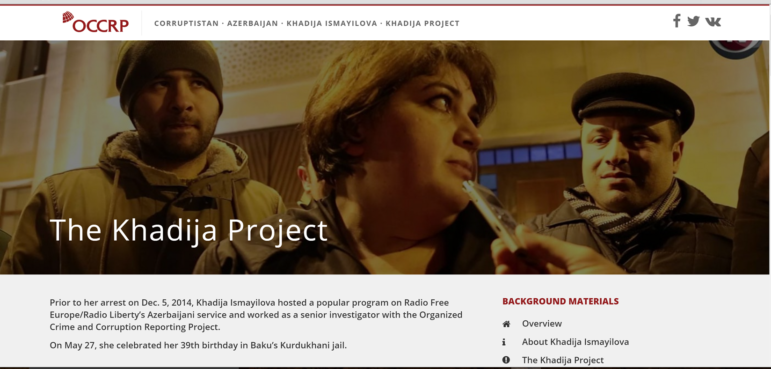
In the run-up to the 2017 Global Investigative Journalism Conference in Johannesburg November 16 to 19, we are rolling out 12 extraordinary investigative projects which are finalists in the seventh Global Shining Light Award. Today’s finalist is “The Khadija Project.”
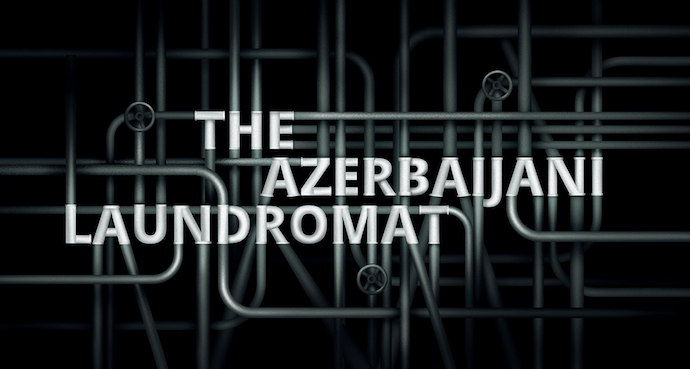
In September, the Danish national newspaper Berlingske, in partnership with the OCCRP and other international media partners, exposed a complex money laundering scheme led by Azerbaijan’s elite. The stories revealed that, between 2012 and 2014, $2.9 billion connected to the country was siphoned through European companies and banks. Here’s how they got the story.
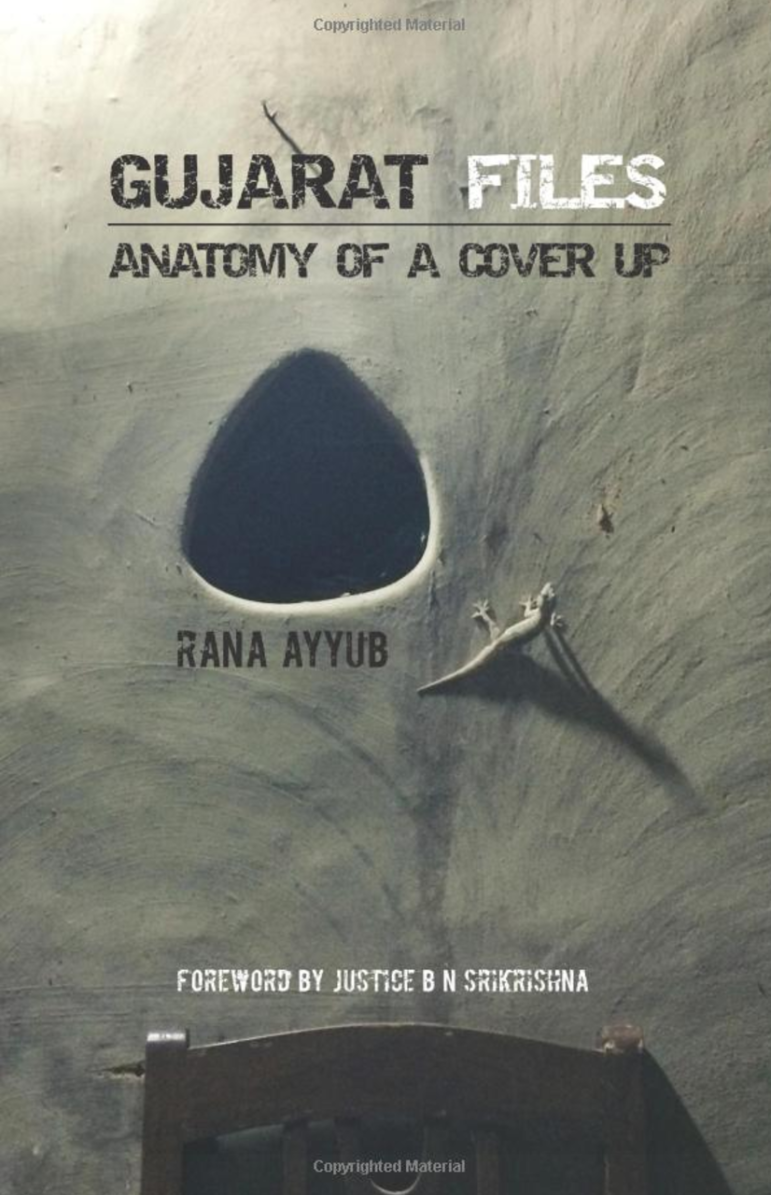
In the run-up to the 2017 Global Investigative Journalism Conference in Johannesburg from November 16-19, we are rolling out the 12 extraordinary investigative projects which are finalists in the seventh Global Shining Light Award. Today’s finalist: “The Gujarat Files: Anatomy of a Coverup.”

Australian journalist Rick Feneley wrote a powerful investigative piece about a string of gay hate crimes that plagued Australia’s eastern border. But before “The Gay Hate Decades” was published, Feneley was left with one last hurdle: Creating a digital element to accompany his work. And that’s where SBS web developer Ken Macleod came in.
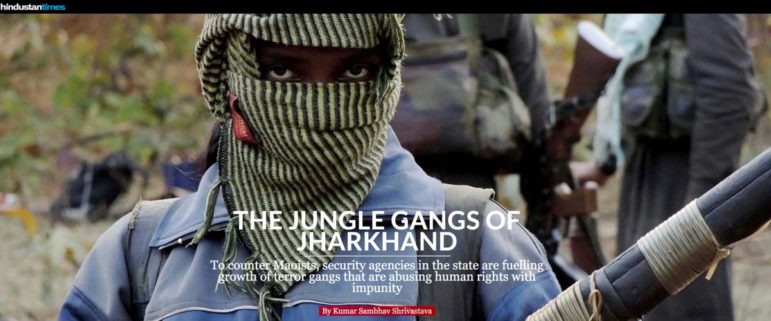
In the run-up to the 2017 Global Investigative Journalism Conference in Johannesburg from November 16 to 19, we are rolling out the 12 extraordinary investigative projects which are finalists in the seventh Global Shining Light Award. Today’s finalist: “The Jungle Gangs of Jharkhand” by India’s Hindustan Times.

For the inception of a BBC’s R&D project to explore alternatives to conventional news formats, the BBC’s Tristan Ferne conducted a review of the landscape of digital news, looking for innovations in article and video formats online. Here’s the 12 categories he came up with — along with a few others that didn’t quite fit his model.

In the run-up to the 2017 Global Investigative Journalism Conference in Johannesburg on November 16 to 19, we are rolling out the 12 extraordinary investigative projects which are finalists in the seventh Global Shining Light Award. Today’s finalist: “Anbang Series” on China’s opaque Anbang Insurance Group.
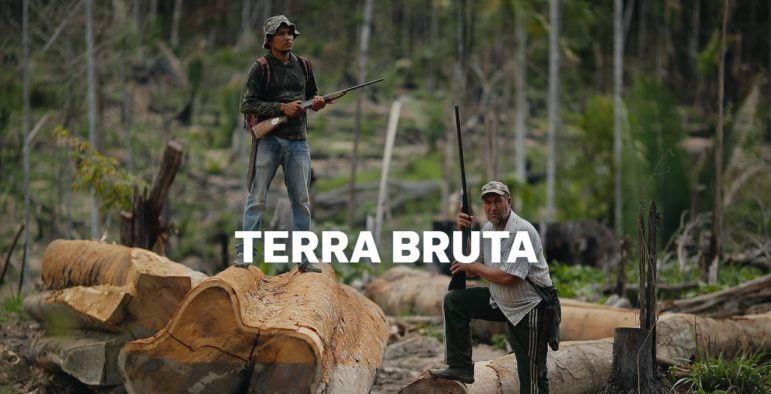
In the run-up to the 2017 Global Investigative Journalism Conference in Johannesburg on November 16 to 19, we are rolling out the 12 extraordinary investigative projects which are finalists in the seventh Global Shining Light Award. Today’s finalist: “Wild Land: Violence, Devastation and Death in the Heart of Brazil.”

Every four days, a journalist is killed somewhere in the world. This data comes from UNESCO, which estimates that between 2006 and 2016, 930 journalists were killed worldwide. On Wednesday, the Committee to Protect Journalists released their 10th annual Global Impunity Index, just before the International Day to End Impunity for Crimes Against Journalists on November 2.

What’s the global data journalism community tweeting about this week? Our NodeXL #ddj mapping from October 23 to 29 has @fedfragapane and @piaaaac visualizing six asylum seekers’ routes, @Recode breaking down the Gates Foundation’s philanthropic contributions by category and @lisacrost offering tips on how to choose a color palette for choropleth maps.

In the run-up to the 2017 Global Investigative Journalism Conference in Johannesburg on November 16 to 19, we are rolling out the 12 extraordinary investigative projects which are finalists in the seventh Global Shining Light Award. Today’s finalist: “Dirty Gold: Chasing the Trace of the London Bullion Market.”
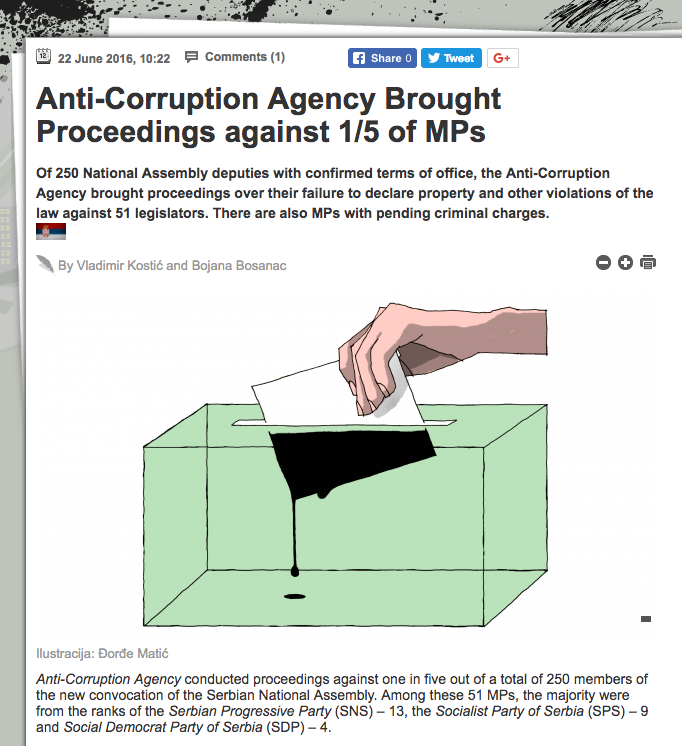
In the run-up to the 2017 Global Investigative Journalism Conference in Johannesburg on November 16 to 19, we are rolling out the 12 extraordinary investigative projects which are finalists in the seventh Global Shining Light Award. Today’s finalist: “Corruption and Organized Crime in Serbia.”

Earlier this month, the Omidyar Network and the Democracy Fund released a report examining six key issues presented by social media participation and manipulation, inspired, they say, because the current instability in democracies is causing potentially irrevocable harm to fundamental rights. Here is an excerpt.

In the run-up to the 2017 Global Investigative Journalism Conference in Johannesburg on November 16 to 19, we are rolling out the 12 extraordinary investigative projects which are finalists for the seventh Global Shining Light Award. Today’s finalist: “Making a Killing,” on the arms pipeline from Europe to the Middle East.
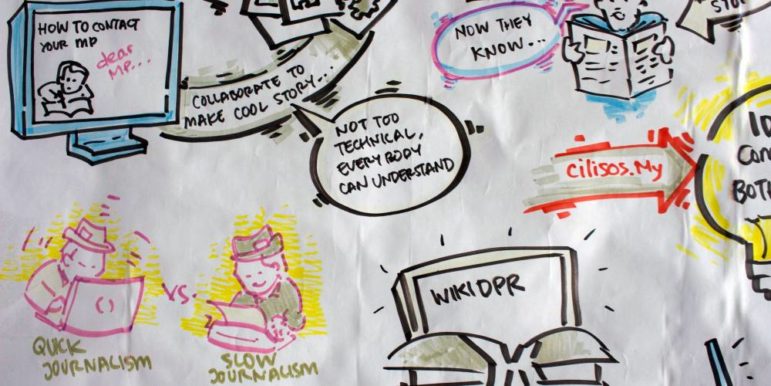
In Malaysia, the Sinar Project has taken up the challenge of collating patchy government statistics to provide the public, and journalists, with useable data.
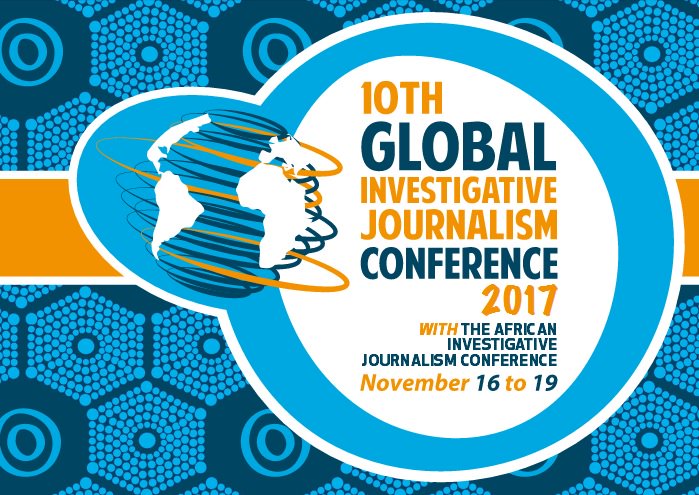
Due to overwhelming response, the Global Investigative Journalism Conference has sold out. We’re sorry we can’t accommodate everyone who would like to attend, but with 1100 participants, we’ve now reached the capacity of our host facilities. As there may be cancellations, we encourage those still interested to get on the waiting list through our registration page.
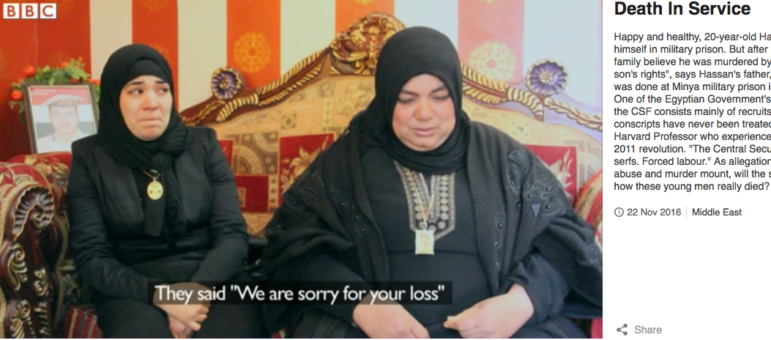
In the run-up to the 2017 Global Investigative Journalism Conference in Johannesburg on November 16 to 19, we are rolling out the 12 extraordinary investigative projects which are finalists for the seventh Global Shining Light Award. Today’s finalist: “Death in Service,” on the deaths of 13 military conscripts in Egypt.
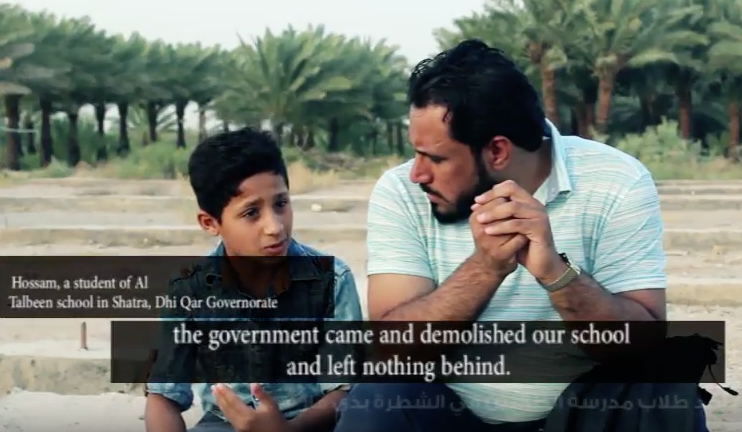
In the run-up to the 2017 Global Investigative Journalism Conference in Johannesburg on November 16 to 19, we are rolling out the 12 extraordinary investigative projects which are finalists in the seventh Global Shining Light Award. Today’s finalist: “Project No. 1,” on the theft of $200 million in Iraqi education funds.
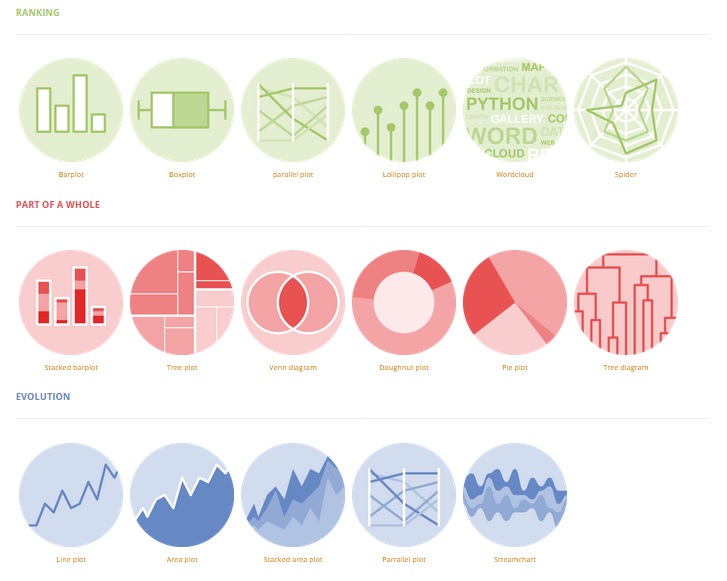
What’s the global data journalism community tweeting about this week? Our NodeXL #ddj mapping from October 16 to 22 has @Sage_News analyzing data journalism practices over the past four years, data expert @albertocairo weighing in on uncertainty in interpreting graphics, @tristanf listing 12 new digital story formats for news and @R_Graph_Gallery’s inspiring Python Graph Gallery.

In the run-up to the 2017 Global Investigative Journalism Conference in Johannesburg on November 16 to 19, we are rolling out the 12 extraordinary investigative projects which are finalists in the seventh Global Shining Light Award. Today’s finalist: “Justice!,” an undercover documentary revealing the extraordinary extent of corruption in Ghana’s judiciary.

There is power in a crowd, and harnessing crowd contributions have become increasingly useful in investigative journalism. New York-based ProPublica shows how newsrooms are integrating crowdsourcing as a routine reporting tool, using it for data collection and to connect with and gather personal stories from readers.

In the run-up to the 2017 Global Investigative Journalism Conference in Johannesburg on November 16 to 19, we are rolling out the 12 extraordinary investigative projects which are finalists in the seventh Global Shining Light Award. Today’s finalist: “Inside the Massive Extrajudicial Killings in Nigeria.”

Investigative journalism in Jamaica — and across the Caribbean — has never truly thrived. But a recent training project aimed at tackling the issue by empowering ordinary citizens to hold authorities to account.
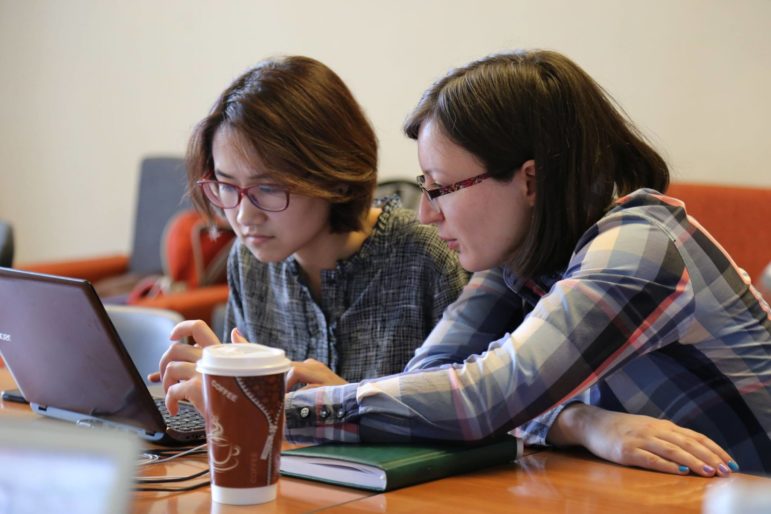
As one of Russia’s few data journalists, Anastasia Valeeva has trained dozens of journalists in the former Soviet Union, the Balkans and Europe. Her recent study for the Reuters Institute at Oxford University delved into the ways investigative journalists are using open data in Russia. She spoke to GIJN’s Olga Simanovych about what she found.